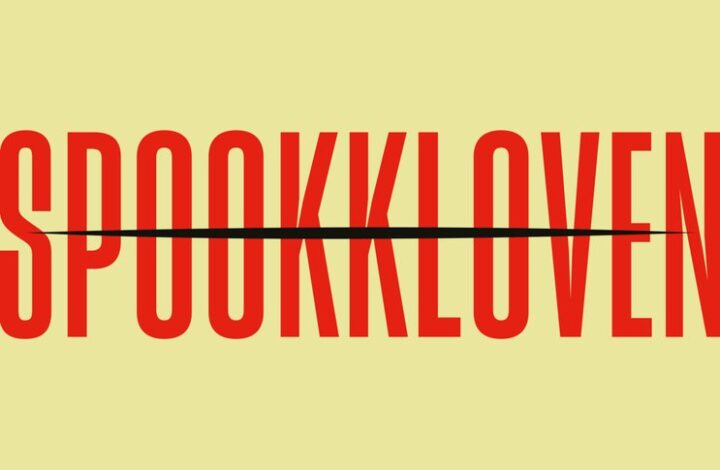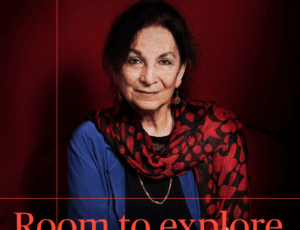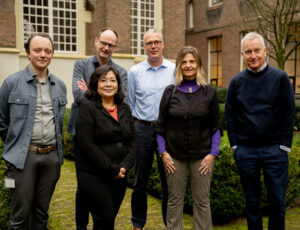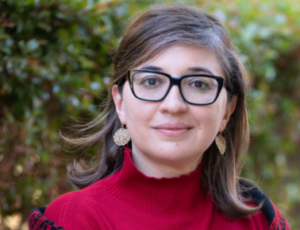
A counterintuitive and evidence-based perspective on polarisation
NIAS Director Jan Willem Duyvendak writes Phantom Divides: Why the Netherlands Is Less Polarized Than We Think
30 September 2025At a time when public debate in the Netherlands is often dominated by narratives of deep division and polarisation, NIAS Director Jan Willem Duyvendak brings a counterintuitive and evidence-based perspective. His new book Spookkloven. Waarom Nederland minder gepolariseerd is dan we denken (Phantom Divides: Why the Netherlands Is Less Polarized Than We Think, Thomas Rap, 2025) challenges the widespread assumption that Dutch society is riven by growing inequalities and irreconcilable differences.
NIAS Director Jan Willem Duyvendak was interviewed by numerous media outlets about his new book, from de Volkskrant to Trouw, and from Buitenhof to de Jortcast. The book was reviewed by several magazines and is already in its second edition. Find some links to the published stories in the column on the left.
Challenging widespread assumptions
In the in-depth interview in university magazine Folia of the University of Amsterdam, Duyvendak explains how seven of the eight most frequently cited social “fault lines” — from income and education to gender, religion, and migration background — turn out to be much narrower than commonly believed. At the same time, he warns against the dangers of “emotional polarization,” the perception of division amplified by politics and public discourse. His observations raise pressing questions about the role of science, politics, and public trust in shaping the way we understand social cohesion today.
Jan Willem DuyvendakSeven of the eight supposed divides turned out to be much smaller than most people assume.
Jan Willem Duvyendak: “Seven of the eight supposed divides — income inequality, growing poverty, differences in education, the city–countryside divide, generational gaps, gender, the divide between Dutch citizens with and without a migration background, and religion — turned out to be much smaller than most people assume. What we are really facing is not a dramatic rise in inequality, but a growing intolerance of the inequalities that remain. That emotional involvement, which you also see strongly in politics, distorts our view of the actual differences in the Netherlands.”
The full interview by Sija van den Beukel, sheds light on why the wealth gap remains the exception, why the myth of an elitist academic “caste” persists, and why science should resist populist pressures to conform to political agendas.



